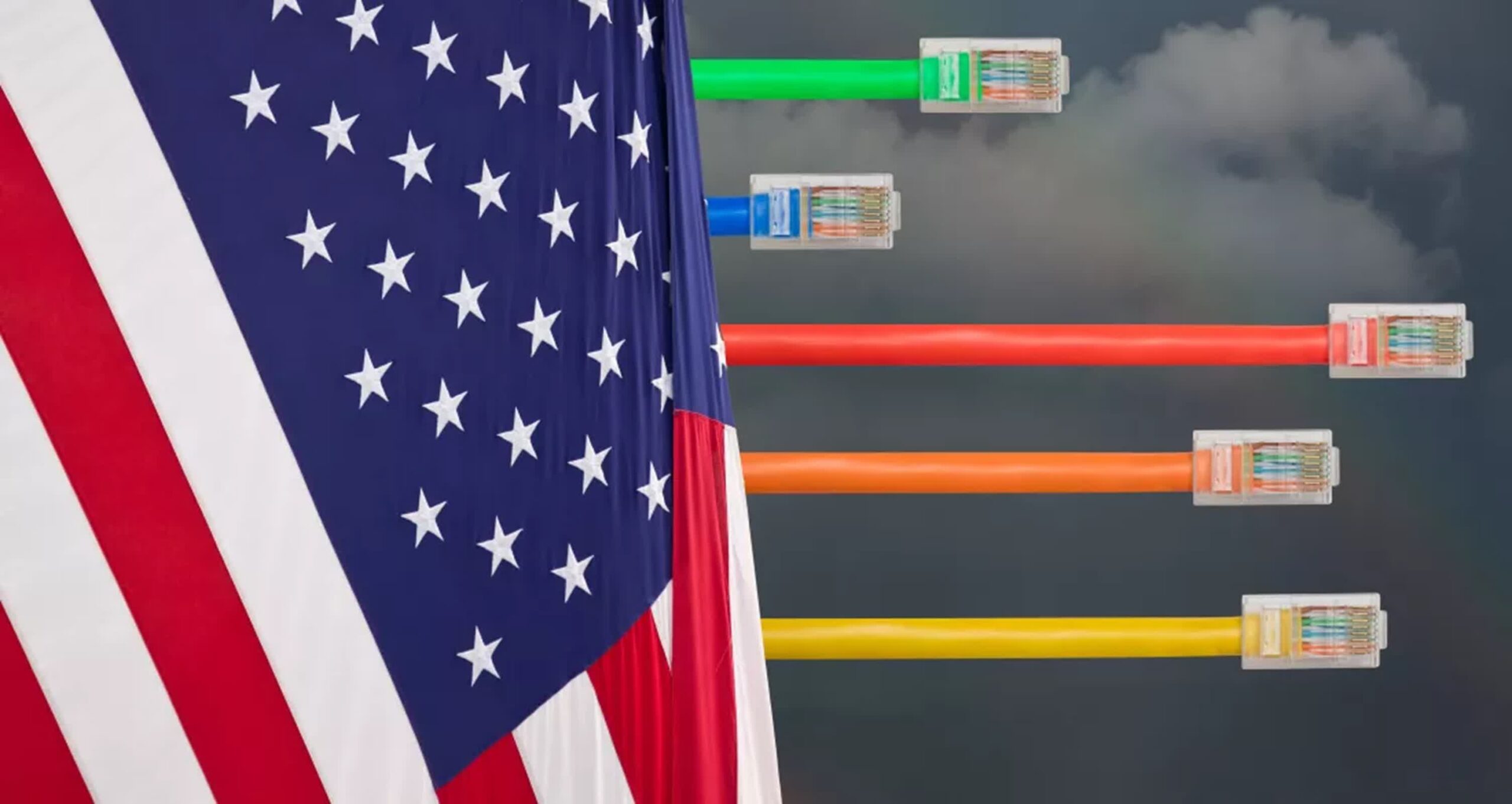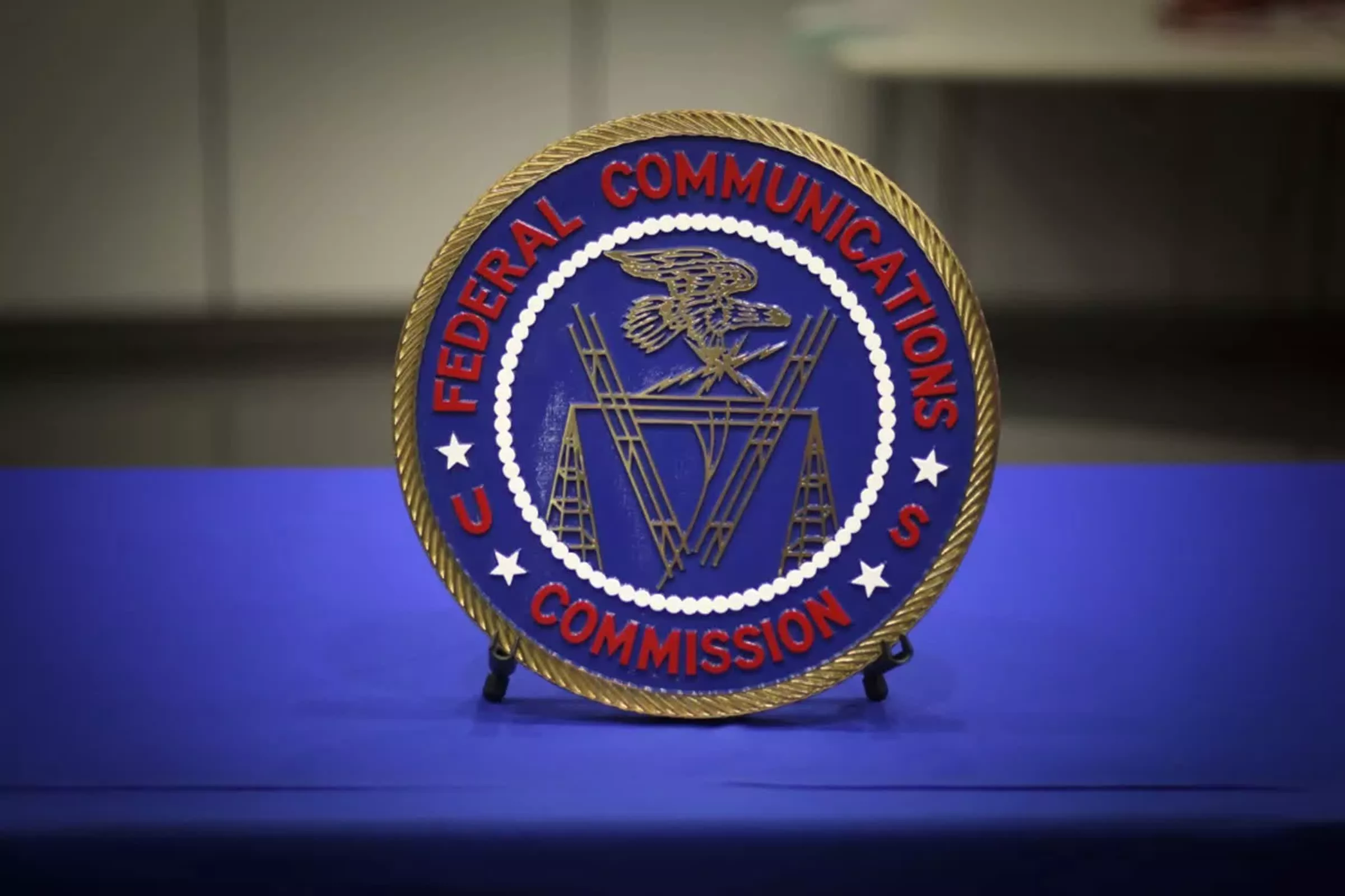Tech News
Neutered: Federal court strikes down FCC authority to impose net neutrality rules

What is the latest development in the net neutrality debate? The recent ruling by a federal appeals court has effectively brought the net neutrality saga to a close, unless Congress decides to revisit the issue. Given the current political climate, it seems unlikely that Congress will take action, and the Trump administration is not expected to revive the cause.
The Sixth Circuit Court of Appeals dealt a significant blow to the Federal Communications Commission’s efforts to regulate the internet more strictly. The court ruled that the FCC does not have the authority to regulate wireless and home broadband services under the same rules that have traditionally governed telephone service.
This decision was based on a recent Supreme Court ruling that overturned the Chevron deference, limiting the FCC’s ability to implement and enforce net neutrality regulations. Net neutrality, which advocates for equal treatment of all internet traffic, has been a contentious issue in American politics for over a decade.
The Obama administration established strong net neutrality rules in 2015, but these were repealed in 2017 under the Trump administration. President Biden signed an executive order in 2021 calling for the reinstatement of these regulations. In 2024, the FCC, led by Chairwoman Jessica Rosenworcel, voted to restore net neutrality rules.
The Sixth Circuit Court’s decision nullifies the FCC’s Safeguarding Order, which aimed to reinstate net neutrality regulations. The court ruled that broadband internet service providers are classified as an “information service” under current US law, limiting the FCC’s authority to impose net neutrality policies.
The court also stated that the FCC cannot classify mobile broadband as a “commercial mobile service,” which would have allowed for net neutrality regulations on those services. The absence of Chevron deference in the ruling means that the court no longer gives deference to the FCC’s interpretation of the statute.
Rosenworcel has called on Congress to pass legislation enshrining net neutrality principles into federal law, recognizing that the FCC’s regulatory efforts have hit a roadblock.

Republican FCC Commissioner Brendan Carr, who is expected to become the agency’s chair, praised the court’s decision. He criticized the Biden administration’s approach, arguing that they were trying to convince Americans that the internet would suffer without net neutrality regulations.
The future of net neutrality now rests with Congress. However, given the current political landscape and other pressing issues, it is uncertain whether Congress will address this issue. With Carr likely to lead the agency, further regulatory action on net neutrality seems unlikely.
-

 Destination8 months ago
Destination8 months agoSingapore Airlines CEO set to join board of Air India, BA News, BA
-

 Breaking News10 months ago
Breaking News10 months agoCroatia to reintroduce compulsory military draft as regional tensions soar
-

 Gadgets3 months ago
Gadgets3 months agoSupernatural Season 16 Revival News, Cast, Plot and Release Date
-

 Tech News12 months ago
Tech News12 months agoBangladeshi police agents accused of selling citizens’ personal information on Telegram
-

 Productivity11 months ago
Productivity11 months agoHow Your Contact Center Can Become A Customer Engagement Center
-

 Gadgets3 weeks ago
Gadgets3 weeks agoFallout Season 2 Potential Release Date, Cast, Plot and News
-

 Breaking News10 months ago
Breaking News10 months agoBangladesh crisis: Refaat Ahmed sworn in as Bangladesh’s new chief justice
-

 Toys12 months ago
Toys12 months ago15 of the Best Trike & Tricycles Mums Recommend























